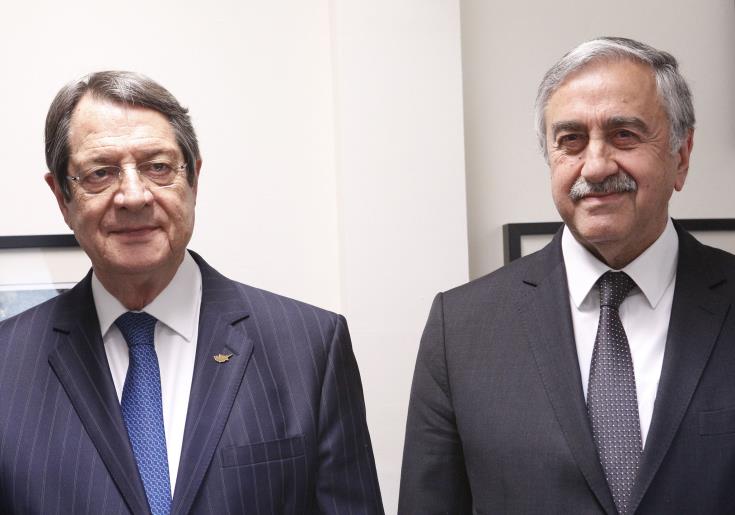Former Turkish Cypriot leader Mustafa Akinci on Thursday said it is “not fair” to blame Turkey for the failure of talks to solve the Cyprus problem at Crans Montana in 2017, rebuking claims made by former President Nicos Anastasiades earlier in the week.
“I have to state that, despite my not having good relations with the Turkish administration at the time, it is neither fair nor correct to blame Turkey for the failure at Crans Montana,” he said.
He added that when he met Anastasiades for the final time in Berlin in 2019, “United Nations Secretary-General Antonio Guterres reaffirmed that Turkey had shown the necessary flexibility regarding unilateral intervention”.
“I wish Anastasiades had shown the same sensitivity to the concerns of Turkish Cypriots as I did to the concerns of Greek Cypriots regarding political equality. A federal government means partnership. In a partnership, the decisions can only be taken by both parties,” he said.
He then referred to one of the disagreements highlighted by Anastasiades earlier in the week, saying, “the fact that the principle of requiring approval of at least one Turkish Cypriot minister in the federal government has not been accepted will serve no purpose other than the continuation of the division of the island”.
Despite this, he did thank Anastasiades for saying that he had “shown sensitivity to understand the Greek Cypriots’ concerns”.
“It was and is not possible to reach a conclusion without taking into account the concerns of both communities in Cyprus. I therefore acted within this framework throughout the negotiation process,” he said.
He added that he had aimed “to ensure that a balanced result which would benefit both parties, both on the map and on security guarantees, would emerge”.
Akinci’s statement came after Anastasiades had said the Turkish side’s demands over a solution to the Cyprus problem “went beyond the right to a veto, and that every decision to be taken at cabinet would require a positive vote from at least one of the four Turkish Cypriot ministers”.
He said that this would allow for “those controlled by Ankara to have the authority to completely paralyse the state”, and that as such, a federal Republic of Cyprus’ functionality “would depend entirely on Turkey”.
“As a result, either the Republic of Cyprus would disappear or an independent Turkish Cypriot state would be established,” he said.
He had also added that if Turkey had left him and Akinci alone, “the Cyprus problem would have been solved”.






Click here to change your cookie preferences